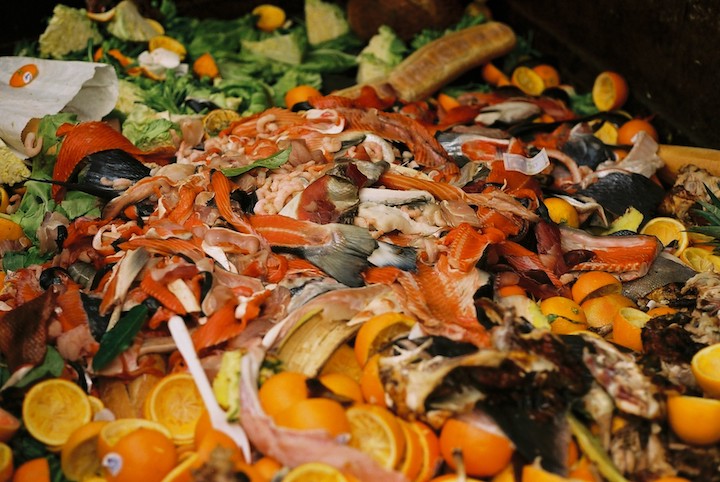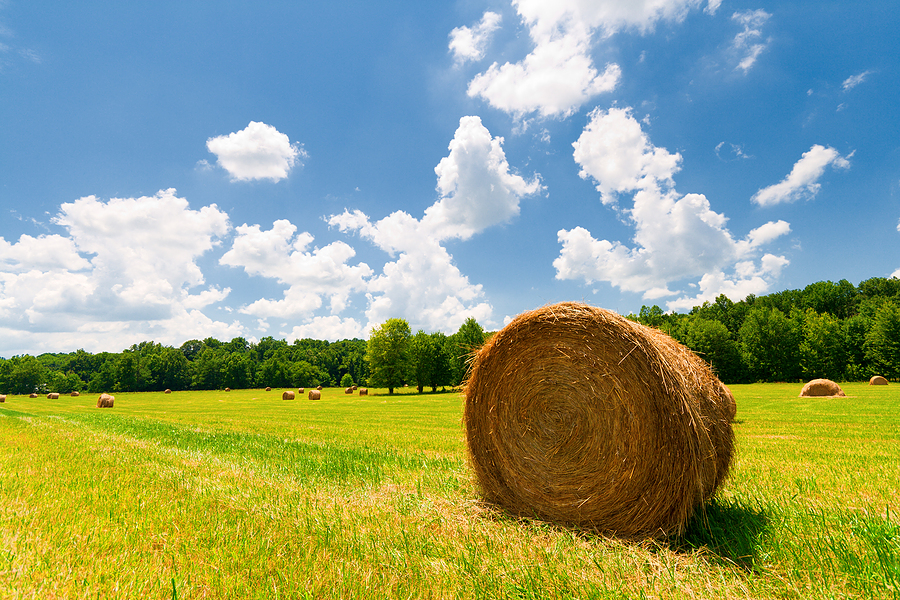
Looking back, 2016 was a year marked by unprecedented social, political and environmental happenings. And change in the political winds in Washington created new barriers for those engaged in environmental sustainability. Meanwhile, climate change continued to rear its ugly head — 2016 was the hottest year on record, according to NASA.
As we move into 2017, we wanted to take a look ahead at what already is shaping up to be a wildly unique year. While things aren’t looking so good for the environmental movement politically at the national level, we see some developments at the international and subnational levels, which give us reason to hope. Meanwhile, businesses and consumers increasingly are recognizing the dual challenge and opportunity waste poses.
1. Uncertainty from the US Environmental Protection Agency
Over the past several years, the US Environmental Protection Agency (EPA) has worked to champion, mobilize and recognize collaboration, innovation and success in solving the global food waste challenge, but this may soon change with the change in leadership in Washington.
To-date, the agency has focused on reducing food waste through rescue and recovery, and diverting food from landfill disposal, based on the food recovery hierarchy. This hierarchy prioritizes actions that organizations can take to reduce or recover wasted food — the most preferred steps are source reduction and food rescue to feed the most food insecure; recovery for other valued uses, such as to feed animals or for industrial uses, are prioritized next; then composting. Incineration and landfill are the least preferred options.
But with the EPA’s continued existence under threat, it’s safe to say that the agency may be less effective in its work to reduce global food waste. This could have widespread ramifications for environmental policy in the U.S. and beyond.
2. Food waste will continue to earn international attention
Goal 12 of the United Nations’ Sustainable Development Goals aims to “ensure sustainable consumption and production patterns” and includes among its objectives to “halve per capita global food waste at the retail and consumer level, and reduce food losses along production and supply chains by 2030.”
Sustainable production and consumption is about improving quality of life without increasing the negative impacts on the environment. Rising demand for energy, food, water and other resources causes material depletion, environmental degradation and climate change, pushing the earth towards its environmental limits. This could create opportunities for businesses to sell products that enhance health, improve safety and enable people to live more fulfilled lives. Most critically, companies are responsible for production, but consumers are the driver of consumption. And as countries like Denmark lead the way on promoting policies that cut down on food waste, others may follow.
3. Increased consumer awareness and activism on food waste/sustainability
If 2017 has shown us anything so far, it’s that everyday people are stepping up to take action on issues they believe in. The Women’s March showed the willingness of people to come together to take collective action in support of equality, environmental issues and other challenges. One of the best ways consumers can throw support behind what they believe in is by voting with their dollars, as well as everyday actions.
Consumers also are becoming more aware thanks to the actions of of the famous. A few weeks back, celebrity chefs made an effort to raise awareness of food waste at a restaurant in London. The chefs, which included Dan Barber, Gordon Ramsay, Tom Kerridge and Clare Smyth, hoped to broaden the definition of food waste by “looking at farming — eating the entirety of the farm in the same way that we have nose-to-tail eating of the animal.”
As consumers become ever-more aware of the need to reduce food waste in their everyday lives, we at Nourished Planet want to serve as a guide in helping individuals, communities and the world to make meaningful positive change in living in better balance with the earth.

